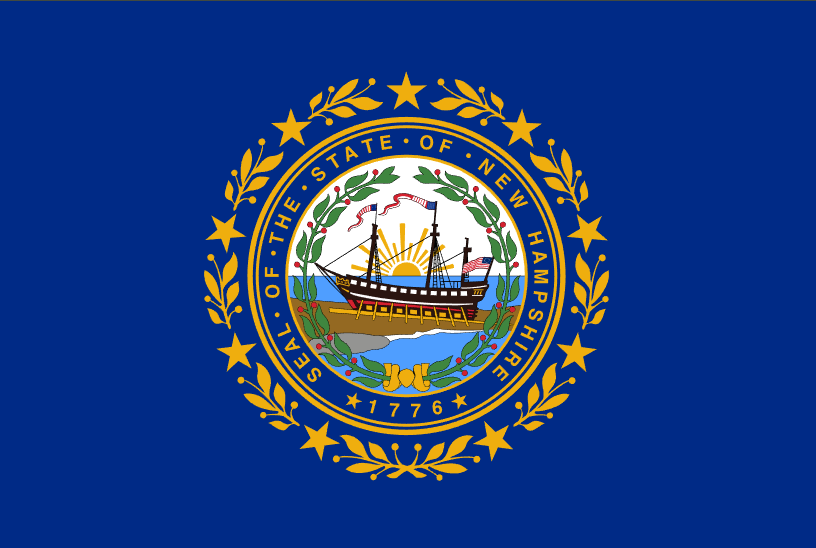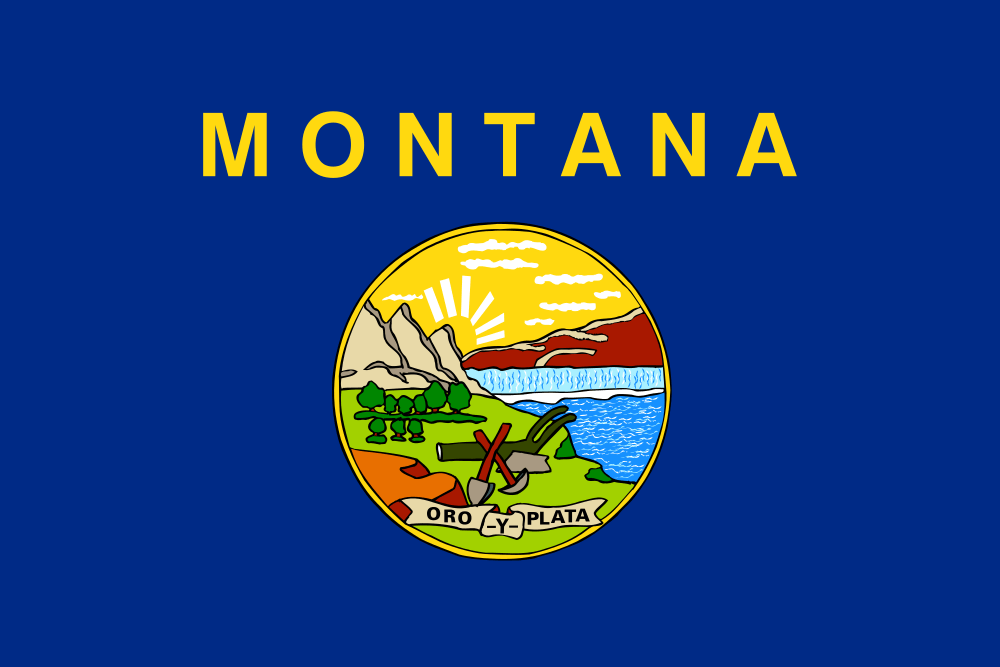The Importance of Having an Apostille Stamp on Your Documents
The Importance Of Having An Apostille Stamp
Your attorney may frequently inform you that your document requires an Apostille stamp for several important matters. An Apostille stamp demonstrates the public document’s authenticity. The Apostille stamp on your certificates verifies that a public document’s signature, seal, or stamp is authentic so that it will be recognized when given to another nation.
An apostille stamp can only be applied to papers that public agencies or public employees issue. For instance, birth certificates, marriage certificates, death certificates, notarial attestations of signatures, notarial deeds, powers of attorney, academic degrees, business registration certifications, court orders and judgments, etc. But what exactly is an Apostille stamp, and how is it so important for my documents? Let’s find out by getting into the details of it:
What is an Apostille Stamp?
The 1961 Hague Convention for the Abolition of the Requirement of Legalization for Foreign Public Documents, often known as the Apostille Convention, governs the use of the Apostille Stamp. The nations that are a part of the Apostille Convention accept the legitimacy of the official document that bears the Apostille stamp on it. Every nation may have a distinct design, size, or color for the Apostille stamp or sticker.
Keep in mind that not all nations provide an apostille stamp. Therefore, you must first determine if your nation is a signatory to the Apostille treaty.
You might not require an Apostille stamp if two nations enter a bilateral legal assistance agreement. A translated version of the text will be sufficient in such a scenario. Countries including Austria, Russia, France, Ukraine, Romania, Serbia, Croatia, Hungary, Poland, Slovakia, Slovenia, the Czech Republic, and Bulgaria have similar agreements.
The EU Regulation on Public Documents (Regulation 2016/1191), which takes effect on February 16, 2019, stipulates that official records issued by the government of one EU country, such as birth certificates, certificates proving one has no criminal record, marriage certificates, etc., and their certified copies, must be recognized as authentic by the government of another EU country without the need for an Apostille stamp. Additionally, EU nationals don’t need to produce an English translation of their official document.
Do I Need an Apostille Stamp on My Documents?
Official papers occasionally need to be notarized before they may be Apostilled for legal proceedings and to legalize one’s document. An Apostille stamp can attest the documents if the nation you plan to use it with is also a signatory to the Hague Convention.
The authenticity of the signatures and the documents must be established for the foreign nation to recognize the document as valid, which is why it is an authentication procedure. Thus, for the Country of Destination to recognize the document as legal, the notary public’s signature will need to be confirmed or authenticated depending on the nation where the document will be utilized.
When a document is “apostilled,” it indicates its authenticity has been established and can be shown to the officials where the document is used or submitted. They are attached, sealed, and signed using a Certificate of Authentication, if the nation where the document will be utilized is not an affiliate of the Hague Convention, or an Apostille Certificate, depending on whether the intended country of use is a signatory to the Hague Convention.
A diplomat or consul could only legalize your official papers for use inside the country if they had already received legalization from the appropriate foreign responsible body in their country of accreditation. Only Certificates of Authentication, not Apostille stamps, may be issued by diplomats or consuls overseas.
Which Documents Need an Apostille Stamp?
The following documents are the most common that require an Apostille stamp:
- Certificate of Origin
- Travel Consent Letter
- Power of Attorney
- Copy of Passport
- Background Check
- Copy of Driver’s License
- Authorization Letter
- Commercial Invoice
- Transcripts
- Certificate of Good Standing
- Single Status Affidavit
- Articles of Incorporation
- Certification of Free Sale
- Certificate of Origin
- Birth Certificate
- Death Certificate
- Police Clearance
- Marriage Certificate
- Letter of No Impediment to be married abroad
- Divorce Decrees
How Much Do Apostille Stamps Cost?
Depending on the nation and the kind of document being certified, the price of an Apostille stamp might change. An Apostille stamp generally costs $130. However, it may cost more for certain papers or expedited procedures.
It’s vital to remember that getting copies of papers, interpretations, or notarizations necessary before the document may be Apostilled may incur additional charges. Depending on the nation and the service provider, these prices may change. As rates and regulations might differ by nation and jurisdiction, confirming the cost of getting your document Apostilled with the appropriate government office or organization is advised.
The Importance of Having an Apostille Stamp on Your Documents
The following groups may require an Apostille stamp: travelers, applicants to educational institutions outside of their home country, those conducting business abroad, those looking for employment abroad, and those needing to verify documents for foreign government officials.
Apostilled documents can access crucial services, including immigration, employment, education, and legal procedures in other nations. It might be reassuring to know that a document has been correctly authenticated through the Apostille stamp procedure, which lowers the possibility of problems or delays while utilizing the document overseas.
It’s usually better to be safe than sorry, and the Apostille stamp may be quite helpful for people and organizations who need to exchange official papers with other nations. The Apostille stamp facilitates international communication and collaboration in general.
Conclusion
An Apostille stamp on your documents is necessary and crucial, particularly if you are traveling abroad, working abroad, or for crucial legal matters. Given its importance, it is necessary to get your Apostille documents stamped to leave no stone unturned for your traveling and legal procedures.



